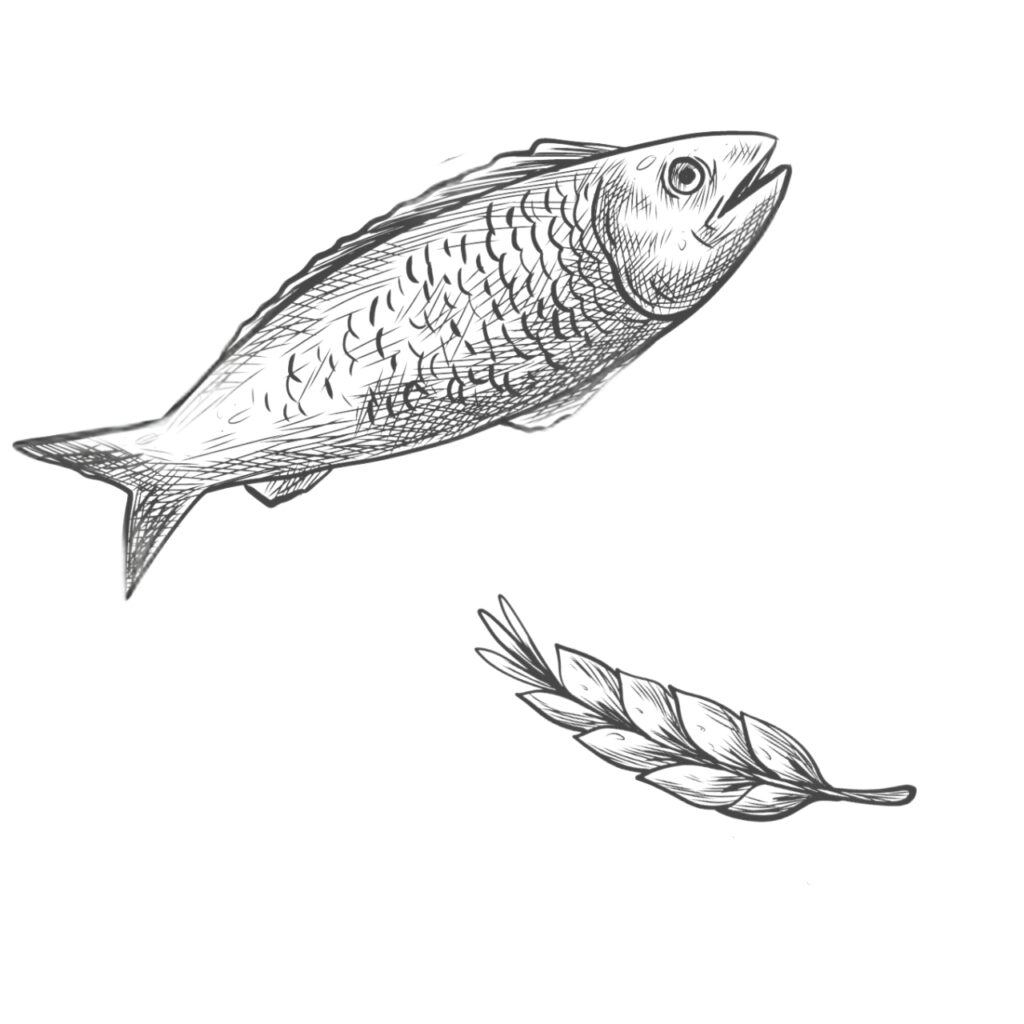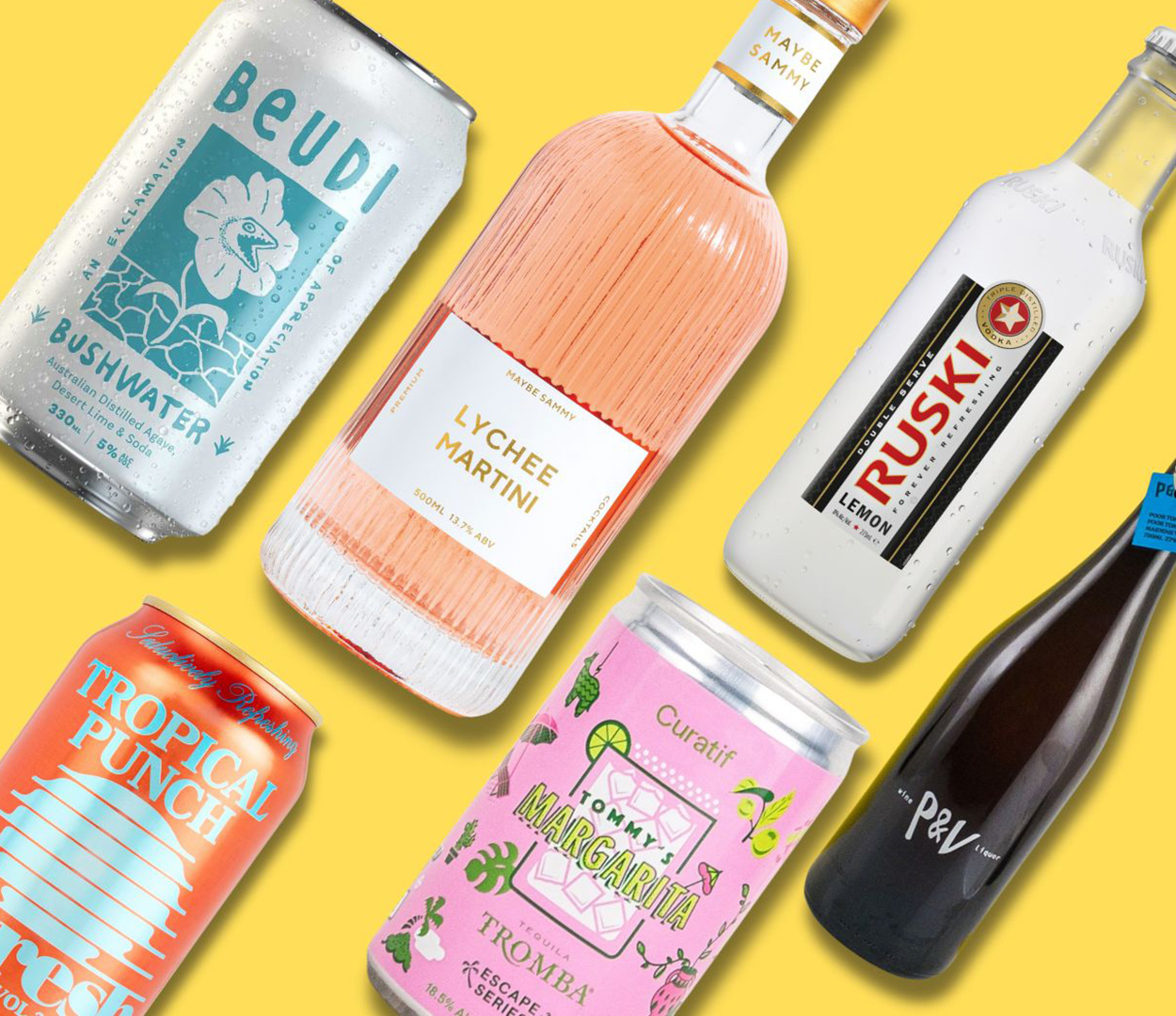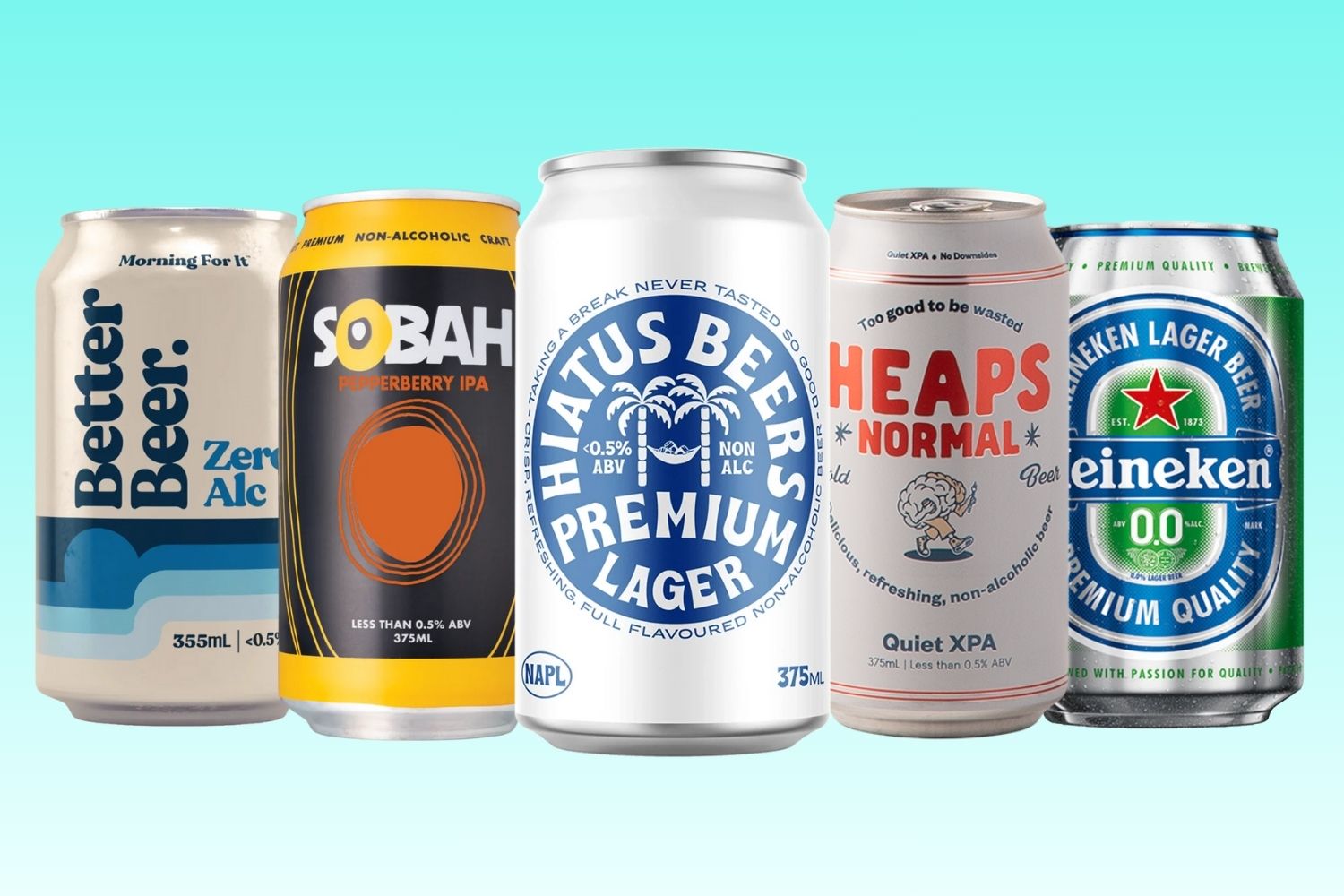For Sydney’s favourite butcher, high-quality protein is the key to health
Esquire’s go-to butcher makes the case for high-quality protein. He breaks down why here

IN MY PREVIOUS ARTICLE for Esquire, I explored why eating less meat – but of a higher quality – might be a wise choice. Now, let’s turn to the health side of the equation. What role does protein, especially from well-raised animal sources, play in human health? Conventional dietary wisdom encourages plenty of fruits and vegetables and often cautions against too much red meat. But emerging science and expert insights paint a more nuanced picture. Through a scientific lens, let’s examine why high-quality protein is so crucial for optimal human health, and how it can be included in a balanced diet.
The importance of protein
Protein is a fundamental building block of the human body, forming muscles, organs, enzymes and hormones. Unlike fats or carbohydrates, protein isn’t stored in reserve, so we require a steady supply in our diet.
The Australian Dietary Guidelines currently recommend a baseline protein intake of 0.84 grams per kilogram of body weight for adult men. But many researchers – including Australian sports physician Dr Paul Mason – argue that this figure is inadequate for optimal health. Based on his clinical work, Mason argues that intakes of between 1.2–1.6g/kg are often necessary to maintain muscle, metabolic function and long-term health.
Adequate protein not only preserves muscle and bone but also helps with appetite regulation. Protein is the most satiating macronutrient, reducing hunger and naturally curbing excess consumption. This is one reason higher-protein diets are consistently linked with better body composition and weight control.
Animal vs. plant protein
Not all proteins are created equal. ‘Quality protein’ refers to sources that provide all nine essential amino acids in the right proportions and in a form that’s easy to digest and absorb. Most animal proteins (meat, fish, eggs, dairy) are complete proteins, while many plant proteins (grains, legumes, nuts) are incomplete or less bioavailable. Vegetarians and vegans can combine foods to cover the gaps, but it requires planning.
Beyond amino acids, animal foods provide a package of critical nutrients: vitamin B12, vitamin D3, heme iron, zinc, vitamin K2 and long-chain omega-3s. in contrast, while plants contain some of these nutrients, they are often in less usable forms. For example, iron from beans (non-heme) is absorbed at a fraction of the rate of the heme iron in meat; plant omega-3 (ALA) must be inefficiently converted to EPA and DHA, while seafood supplies them directly. Animal-sourced foods offer nutrient density in its most bioavailable form.

Are plant-only diets enough?
A carefully calibrated plant-only diet can be healthy, but it is rarely effortless. Without animal foods, people are at higher risk of deficiencies in vitamin B12, iron, zinc, calcium, vitamin D and omega-3 fats. These can be addressed with supplements and fortification, but that underscores the restrictive nature of veganism.
Protein quality is another challenge. As Mason points out, “the limiting amino acid” in plant proteins means you must consume significantly more volume to achieve the same anabolic effect as a smaller serving of animal protein. For older adults or highly active people, that’s not always practical.
Real-world experience echoes this. On Vic’s Meat: The Ultimate Podcast, regenerative farmer Tammi Jonas described her own health decline after a decade of vegetarianism. Reintroducing meat, she reported, restored her vitality. While individuals vary, her story illustrates how completely excluding animal protein can create obstacles to optimal health.
What makes protein ‘high quality’?
The way animals are raised matters. A fast-food burger from a feedlot cow is not the same as a grass-fed steak served with vegetables. Grass-fed beef contains more omega-3 fatty acids and conjugated linoleic acid (CLA) than grain-fed beef, with a healthier omega-6 to omega-3 ratio. Pastured eggs are richer in vitamin D and omega-3s than caged eggs; milk from grass-fed cows has more vitamin K2. Simply put, animals raised on their natural diets yield more nutritious food.

Meat, health and misconceptions
For decades, headlines have linked red meat to heart disease and cancer. But many of these were based on studies that were observational and confounded by lifestyle factors. More recent investigations have found only a weak link between moderate intakes of unprocessed red meat and increased disease risk. (Processed meats are another matter and are best limited or eliminated.)
The real culprit in modern diets may lie elsewhere. Dr Robert Lustig, a University of California, San Francisco endocrinologist, has shown that sugar and ultra-processed foods – not natural proteins or fats – are the primary drivers of obesity and metabolic disease. Patients who cut processed foods and return to wholefoods, including quality proteins, can expect to see improvements in insulin sensitivity, fatty liver and body composition.
Conclusion
My reading of the evidence is that protein – particularly high-quality animal protein – is central to optimal human health. It supplies essential amino acids, supports muscle and bone, regulates appetite and delivers critical nutrients in their most bioavailable forms. Plant-only diets can work with careful supplementation, but they are restrictive and often less efficient.
The solution is not more meat, but better meat: responsibly sourced, nutrient-dense and eaten in balance with plenty of vegetables. A pastured egg at breakfast, Greek yoghurt or nuts as a snack, wild-caught fish or grass-fed beef at dinner: these are simple, powerful ways to eat for long-term health.
Some practical tips:
- Chooseunprocessedor minimally processed meats and fish.
- Prefer pasture-raised or grass-fed when possible.
- Seek organic or antibiotic-free standards where feasible.
- Support local farms that prioritise animal welfare.
- As Mason emphasises, we are, quite literally, what our animals eat.
This story appears in the Summer 2025 issue of Esquire Australia, on sale now. Find out where to buy the issue here.
Related:























